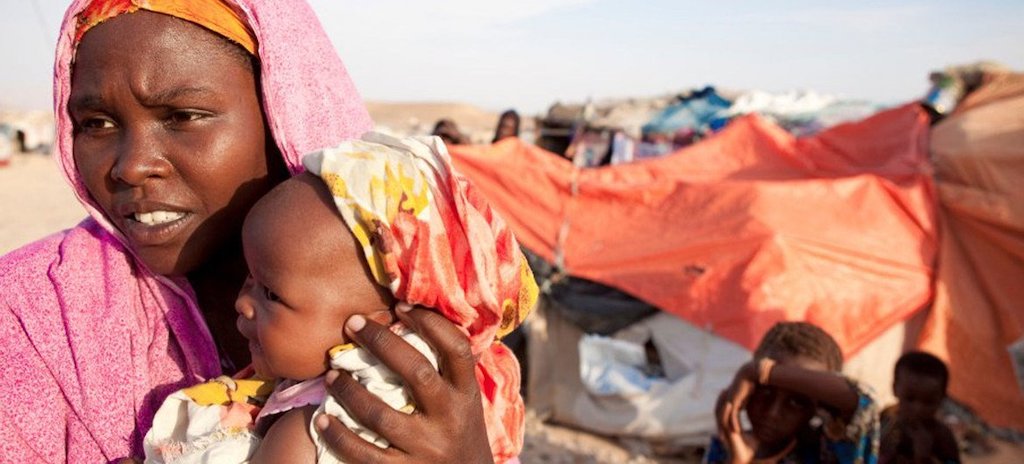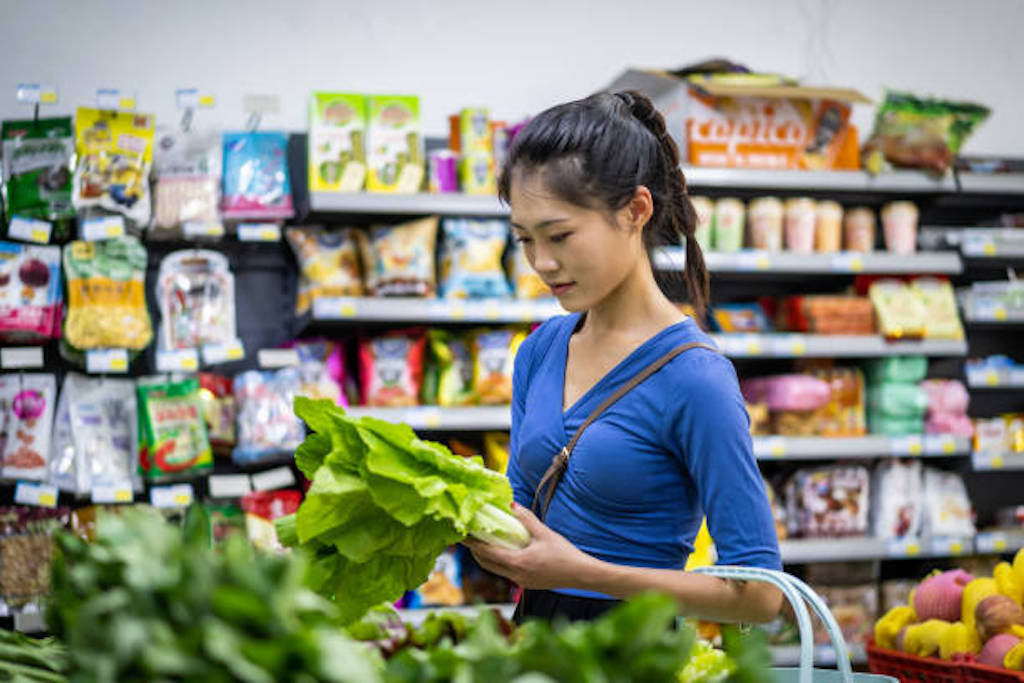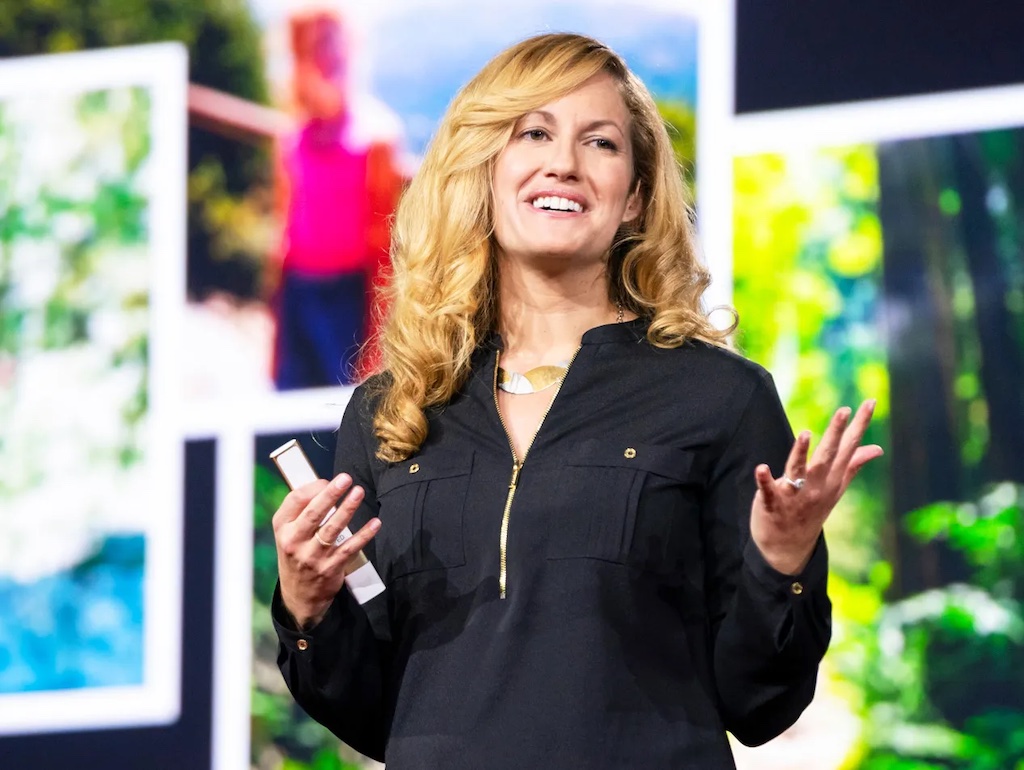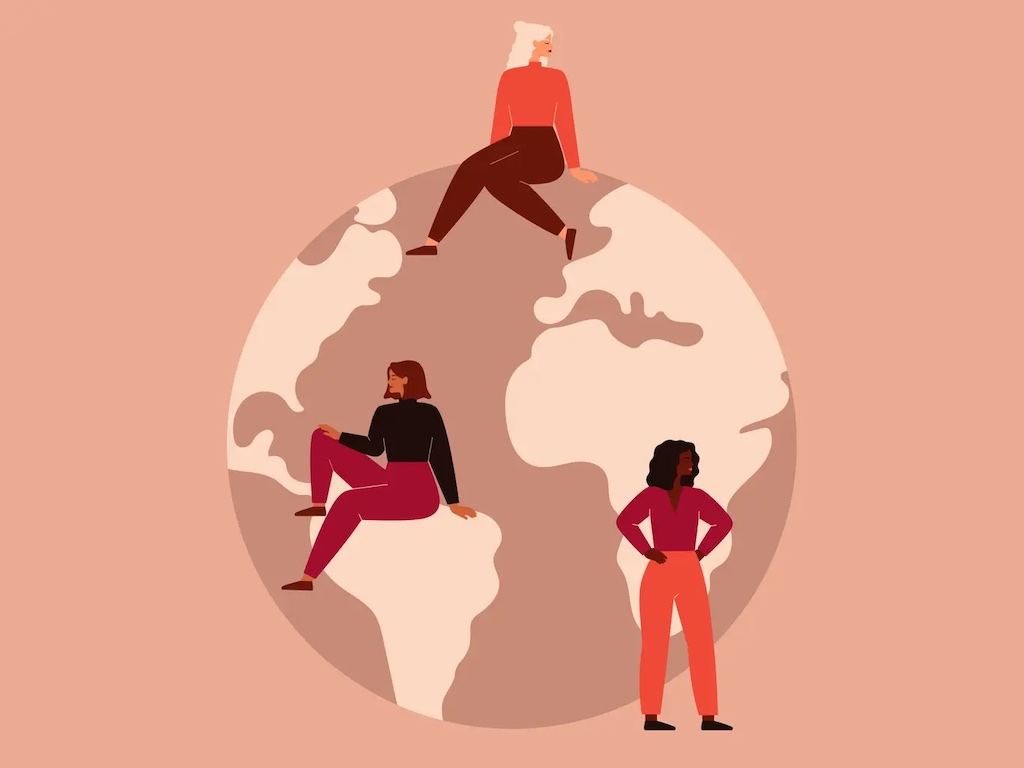5 Mins Read
I often get asked what the connection between women and sustainability is and this continually surprises me. It seems fairly obvious, no? Without lifting women up, what chance do we have of creating a fairer, kinder, greener world?
In honor of International Women’s Day, I want to write about why the climate crisis is not gender neutral. Below I share more about about why women pay the price for the consequences of the crisis disproportionately, particularly in the Global South; how women in the Global North hold more power than they think; and how global corporate sustainability strategy is being led by women leaders; and how the climate crisis fight should be owned by women.

Most of the world’s poor are women, and many will pay the price for climate change
Of the 1.3 billion people living in extreme poverty around the world, over 70% are women (and most of them live in the Global South. Many of these women live in rural areas and survive thanks to subsistence farming. Further, they tend to be responsible for child care, ensuring household water supply and access to electricity. Despite owning less than 10% of all land on the planet, women account for between 50 and 80% of the world’s food production. Here is a sobering fact: if women farmers had equal access to resources, they could prevent up to 150 million from hunger.
As the climate crisis becomes more acute, food security will lead to more poverty across the planet. As living standards fall due to food shortages, women will lose access to education and childcare, experience further domestic violence and have decreased access to decent healthcare.
The climate crisis has worsened extreme weather events, restricted water access, reduced the amount of arable land for growing food and made energy and basic commodities more expensive. Further, the climate crisis will create mass migration over the coming decades, resulting in potentially one billion climate refugees. Already as of today, over 80% of those displaced by climate-related disasters globally are women and girls.
All of the consequences of climate change (due to decisions made by male political, business and energy company leaders for the past fifty years, it must be said) are and will continue to be disproportionally shouldered by women. We must work to change this.

In mature economies, women have tremendous untapped power
In most parts of the world, women control what their family eats (not to mention that they tend to be the primary and often sole preparer of meals). This means that we can’t move the world to move towards a predominantly plant-based diet without engaging women. The same holds true when it comes to transitioning to circular economic systems where we prioritise low-waste, non-toxic materials and ingredients, reuse and refill models and ethical supply chains.
In Global North economies, women (often as mothers) don’t just control dinner menus, they also control the household purse strings. On one hand, this is disheartening. Domestic life remains the responsibility of the woman and men continue to shirk such duties due to ingrained gender behavioural gaps. This is despite the fact that globally over 50% of women are part of the workforce, leading to the much written-about ‘second shift’.
On the other hand, the fact that the household budget is mostly in women’s hands means they hold a tremendous amount of power when it comes to consumption decisions. And yet, a whopping 91% of U.S. women feel misunderstood by marketers.
It’s somewhat ironic, then, that the vast majority of eco products are advertised to, and purchased by, women. For reasons that we can’t quite agree on, but that range from women being regularly portrayed as caregivers in the mainstream media to researchers identifying us as more “prosocial, altruistic and empathetic” than men, it would appear that women are now assumed to be more environmentally aware and responsible than their male counterparts. Research firm Mintel has dubbed this the “eco gender gap” with research showing that while 71% of British women try to live more conscientiously, only 59% of men do the same. The research underlined that advertisers have picked up on this distinction and have imbued such products with a distinctly feminine feel, leading men to eschew planet-forward buying behavior.
Still, women make between 60% and 90% (depending on the study) of household purchasing decisions so there is no path to a more conscious, sustainable future without women being heard, understood and appealed to by brands and product development teams.

Women Chief Sustainability Officers are leading the way
Which brings us to another key sphere of power deployment: boardrooms. One of my go-to suggestions when I speak to companies about how to prepare for the age of the climate crisis is the importance of appointing a Chief Sustainability Officers (CSO), one that answers directly the CEO and is involved in short, medium and long term ESG strategy. Not only is it a must for the future of the planet, at this stage in the climate crisis, it’s frankly just good business. Companies must be ready to navigate the many resulting risks and consequences that are in many cases, already here.
And here’s the good news. Women are on their way to dominating in this arena. According to a 2021 report, women held 54% of all CSO positions in corporate America. This is compared to just over 12% for the rest of the C-suite. There are a a few reasons for this according to headhunter Ellen Weinreb: there’s a large pool of women applying for these roles, 2) women excel in CSO roles, and 3) the path to CSO leadership is far more inclusive because it’s a newer path unhindered by decades of gender bias. Companies with more women executives perform better overall too, with research suggesting they are more profitable, so what’s stopping us?
The United Nations has said that International Women’s Day 2022’s theme is ‘Gender Equality Today for a Sustainable Tomorrow’, with the aim to celebrate the contribution of women and young girls everywhere who are leading the way in “adapting, mitigating, and responding” to the climate emergency. We women feel climate change first, we understand climate change better and we have the inborn skills and/or opportunities to tackle climate change powerfully. So what are we waiting for?
Lead photo by Pascal Bernardon on Unsplash





